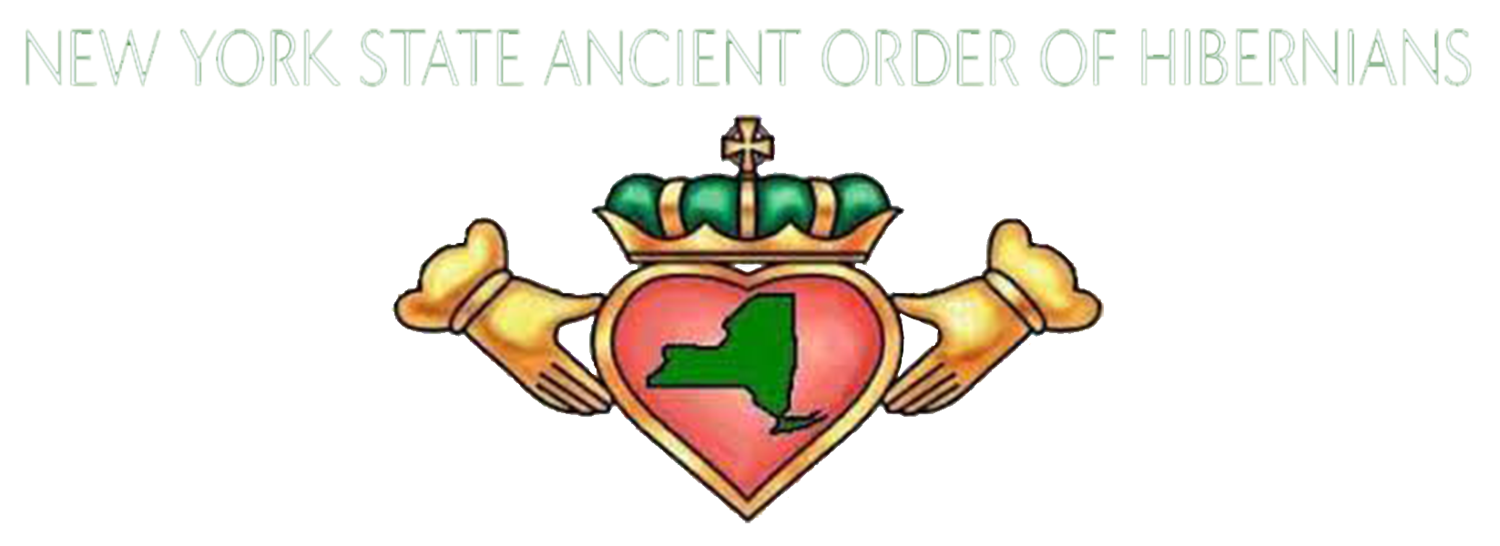Michael Collins: Early Life
Mícheál Ó Coileáin (Michael Collins) was an Irish revolutionary, soldier and politician who was a leading figure in the early-20th century struggle for Irish independence. During the War of Independence he was Director of Intelligence of the Irish Republican Army (IRA) and a government minister of the self-declared Irish Republic. He was then Chairman of the Provisional Government of the Irish Free State from January 1922 and commander-in-chief of the National Army from July until his death in an ambush in August 1922, during the Civil War.
Collins was born in Woodfield, Sam's Cross, near Rosscarbery, County Cork, on 16 October 1890, the third son and youngest of eight children. His father, Mícheál Séan (1816–1897), was a farmer and amateur mathematician, who had been a member of the Irish Republican Brotherhood (IRB) movement. The elder Collins was 60 years old when he married Mary Anne O'Brien, then 23, in 1876. They brought up eight children on a 90-acre farm called Woodfield, which the Collins family had held as tenants for several generations. Michael was six years old when his father died.
He was a bright child with a fiery temper and a passionate feeling of Irish patriotism. He named a local blacksmith, James Santry, and his headmaster at Lisavaird National School, Denis Lyons, as the first nationalists to personally inspire his "pride of Irishness.” Lyons was a member of the IRB, while Santry's family had participated in, and forged arms for, the rebellions of 1798, 1848 and 1867. There are a number of anecdotal explanations for the origin of his nickname "the Big Fellow.” His family claims that he was called this as a child, as a term of endearment for an adventitious and bold youngest brother. The nickname was established by his teens, long before he became a political or military leader.
At the age of thirteen he attended Clonakilty National School. During the week he stayed with his sister Margaret Collins-O'Driscoll and her husband Patrick O'Driscoll, while at weekends he returned to the family farm. Patrick O'Driscoll founded the newspaper West Cork People and Collins helped with general reporting and preparing the issues.
Leaving school at fifteen, Collins took the British Civil Service examination in Cork in February 1906 and moved to the home of his sister Hannie in London, where he became a boy clerk in the Post Office Savings Bank at Blythe House. In 1910 he became a messenger at a London firm of stockbrokers, Horne and Company. While living in London he studied law at King's College London but did not finish. He joined the London GAA and, through this, the IRB. Sam Maguire, a republican from Dunmanway, County Cork, introduced the 19-year-old Collins to the IRB. In 1915 he moved to work in the Guaranty Trust Company of New York where he remained until his return to Ireland the following year joining part-time Craig Gardiner & Co., a firm of accountants in Dawson Street, Dublin.
An organizer of considerable intelligence, Collins had become highly respected in the IRB. This led to his appointment as financial advisor to Count Plunkett, father of one of the Easter Rising's organizers, Joseph Plunkett. Collins took part in preparing arms and drilling troops for the insurrection.
The Rising was Collins' first appearance in national events. When it commenced on Easter Monday 1916, Collins served as Joseph Plunkett's aide-de-camp at the rebellion's headquarters in the General Post Office (GPO) in Dublin. There he fought alongside Patrick Pearse, James Connolly, and other members of the Rising leadership.


